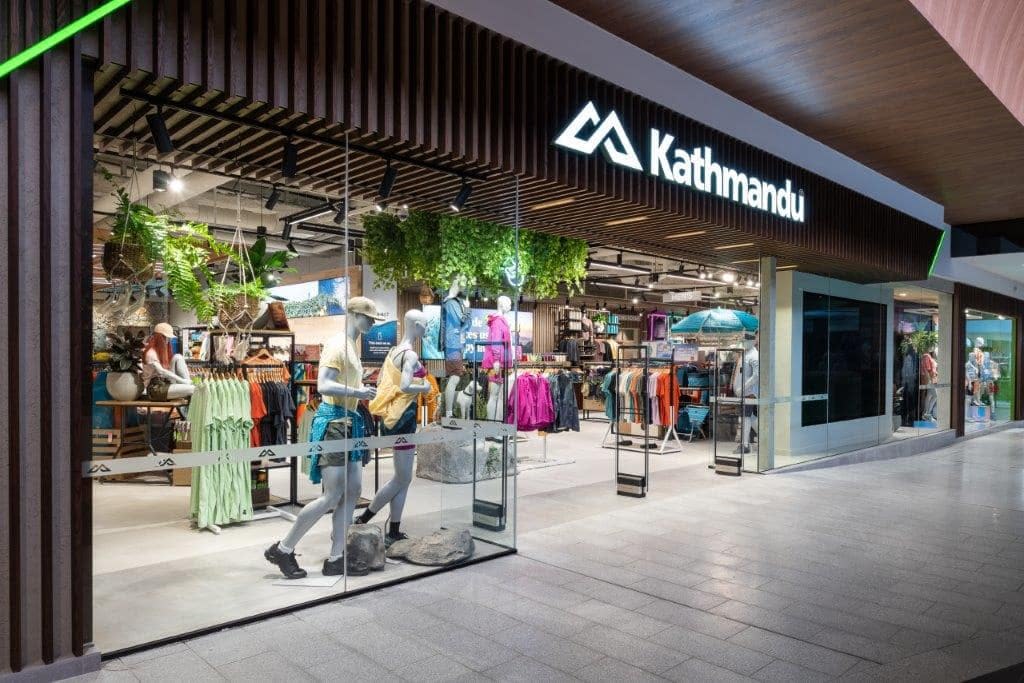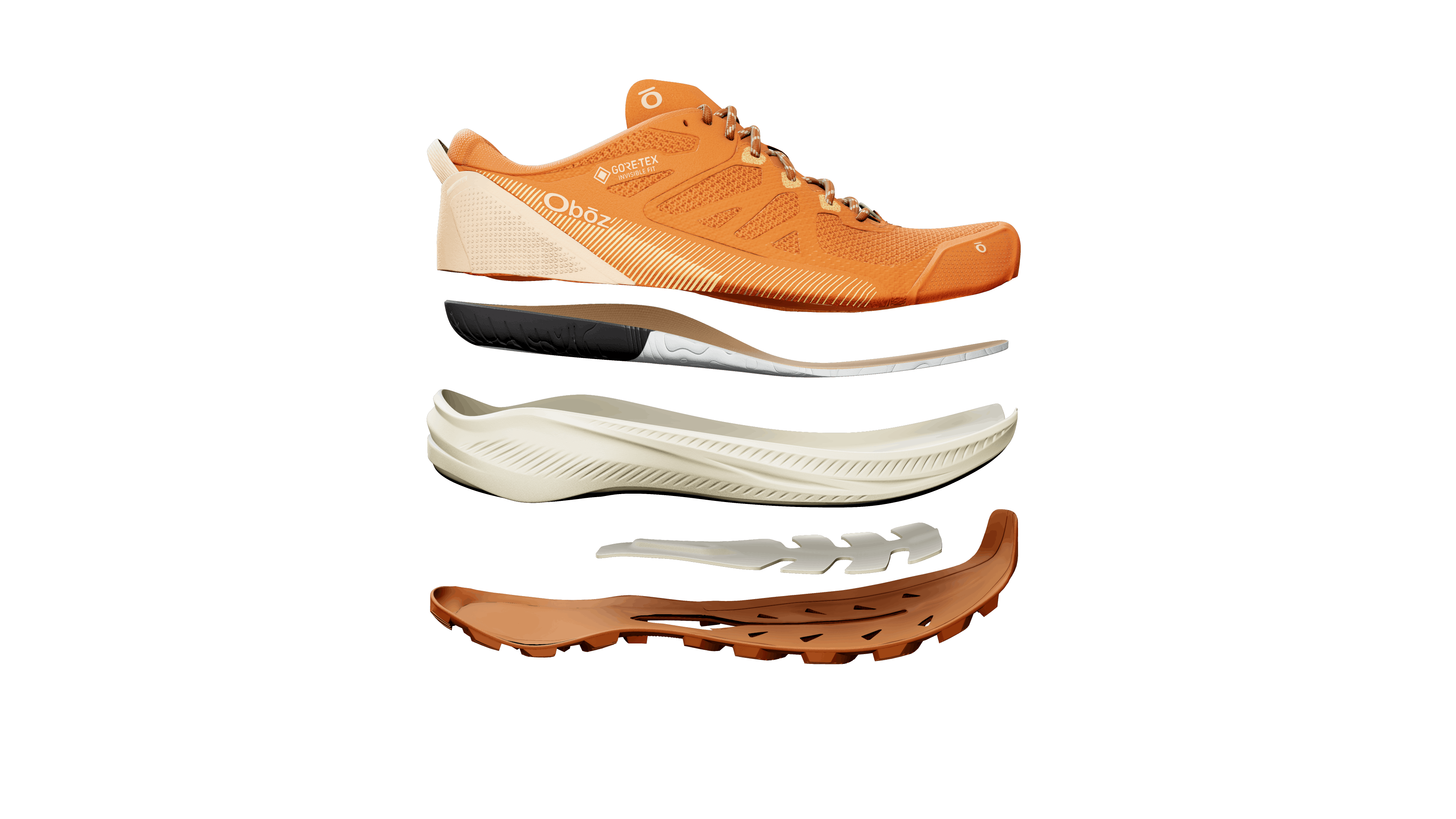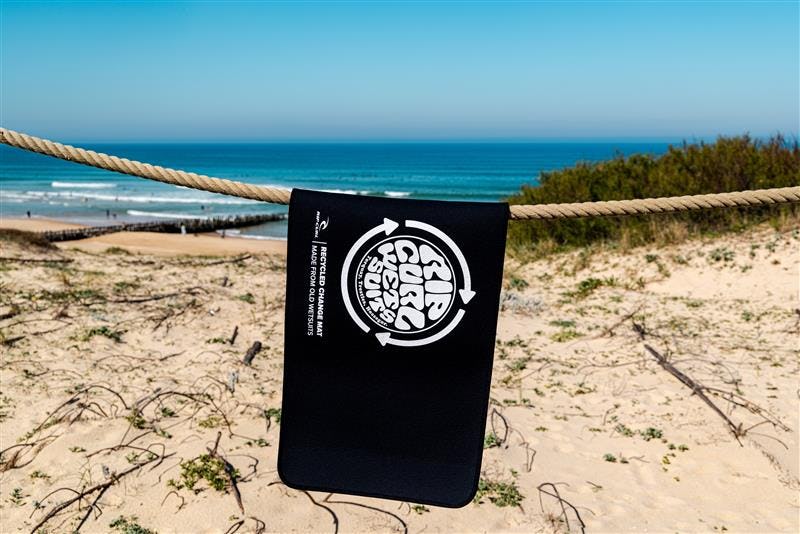Return to News
Soft plastics, strong impact
May 31, 2024
Sustainability
3 min read

How repurposing soft plastics can help us reimagine waste
Soft plastic may seem like unlikely source materials for park benches, drainpipes and fence posts – but thanks to innovative partnerships, we are transforming tonnes of soft plastic otherwise destined for landfill.
We know soft “scrunchable” plastic is a problem around the world – and addressing this starts by refusing, reducing and reusing before we consider recycling.
Few recycling providers are equipped to deal with soft plastics on the scale the world consumes them. But billions of pieces of soft plastic can be transformed into new products with the help of leading-edge recycling techniques.
In partnership with the Packaging Forum in New Zealand, we began collecting Kathmandu’s soft plastics several years ago. In 2023, we recovered 14 tonnes of soft plastic from 22 Kiwi stores, which was remade into fenceposts.
Expanding on our work in New Zealand, KMD Brands undertook an innovative trial across 10 stores in Victoria in 2023. We picked the peak season over Easter to commence our trial and worked in partnership with local waste provider MG Waste Management.
MG Waste Management collected 238 kilograms of soft plastic from Rip Curl, Kathmandu and Ozmosis stores over a four-week period, auditing and removing any contamination before transporting the material to a recycling plant owned by GT Recycling in Geelong.
There, the material was manually separated and baled, based on colour and quality, and processed into pellets. These pellets can then be transformed into new products – like park benches and drainpipes.
In 2024 we’ve scaled our efforts, collecting soft plastics from 29 New Zealand stores and 29 Australian stores, in addition to our existing collections from our distribution centres in both countries.
KMD Brands is also exploring ways to reduce the use of low-density polyethylene (LDPE) bags, or polybags, in our supply chain. These clear plastic bags protect garments during transit from manufacturing sites to distribution centres and onwards to retail stores and consumers’ homes.
Polybags play an important role in preventing damage and wastage during product transportation, so we are looking for alternatives. Kathmandu’s team has been trialling a new type of recyclable polybag for compatibility with our automated sortation systems.
We still have further work to do, but our commitment to trial and test new ideas points to the possibilities when we stop seeing waste and start seeing wasted potential.


